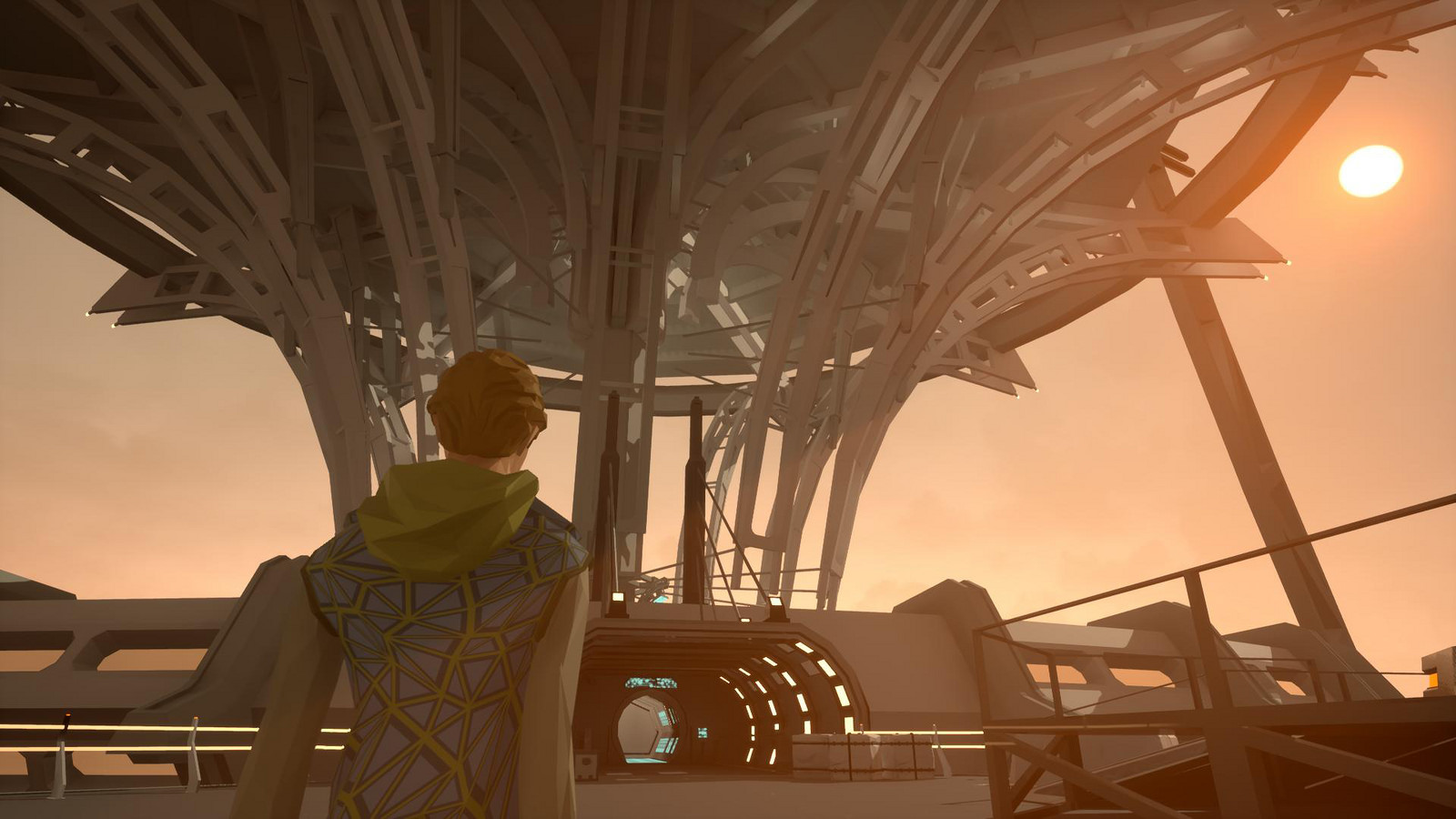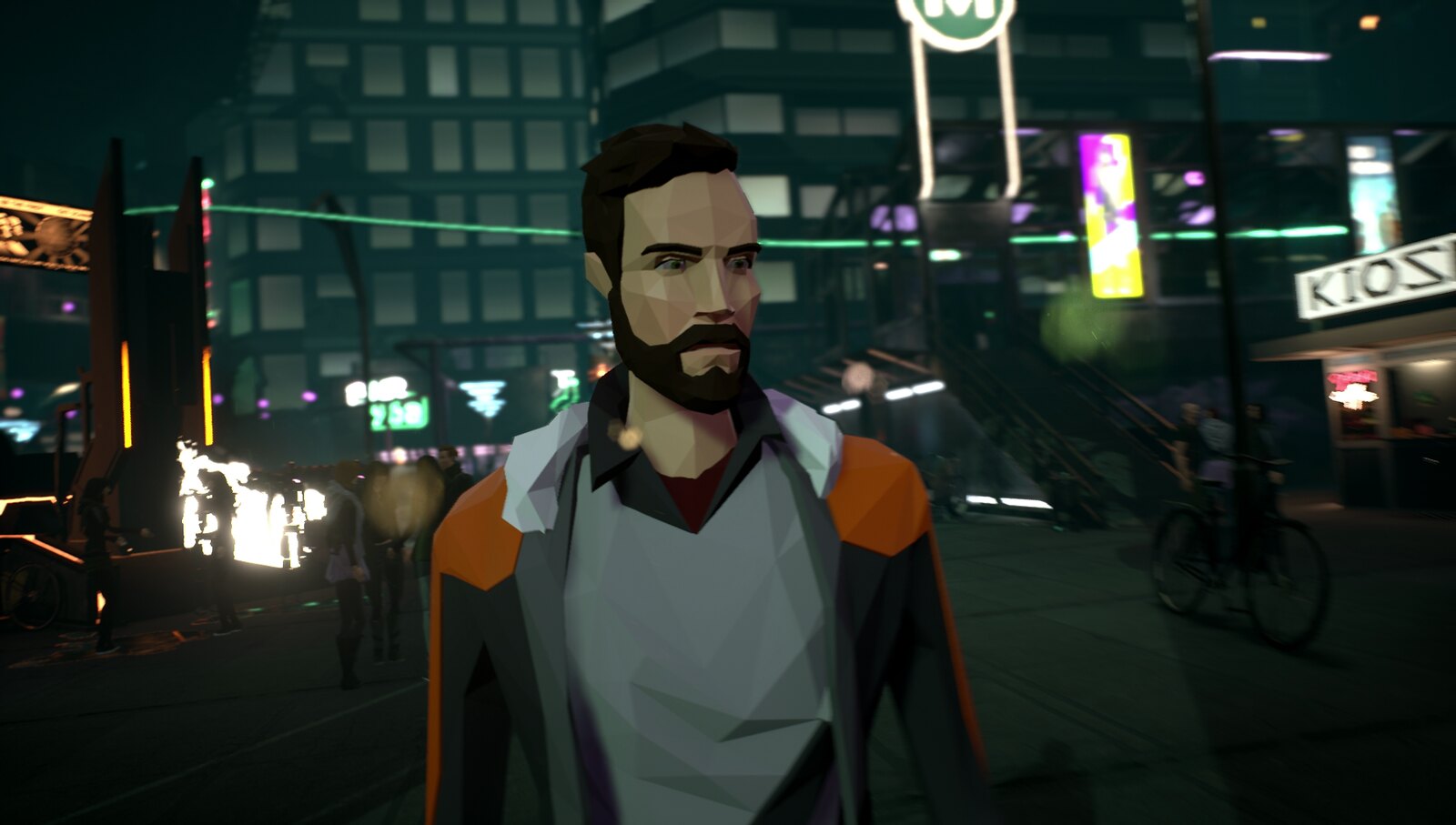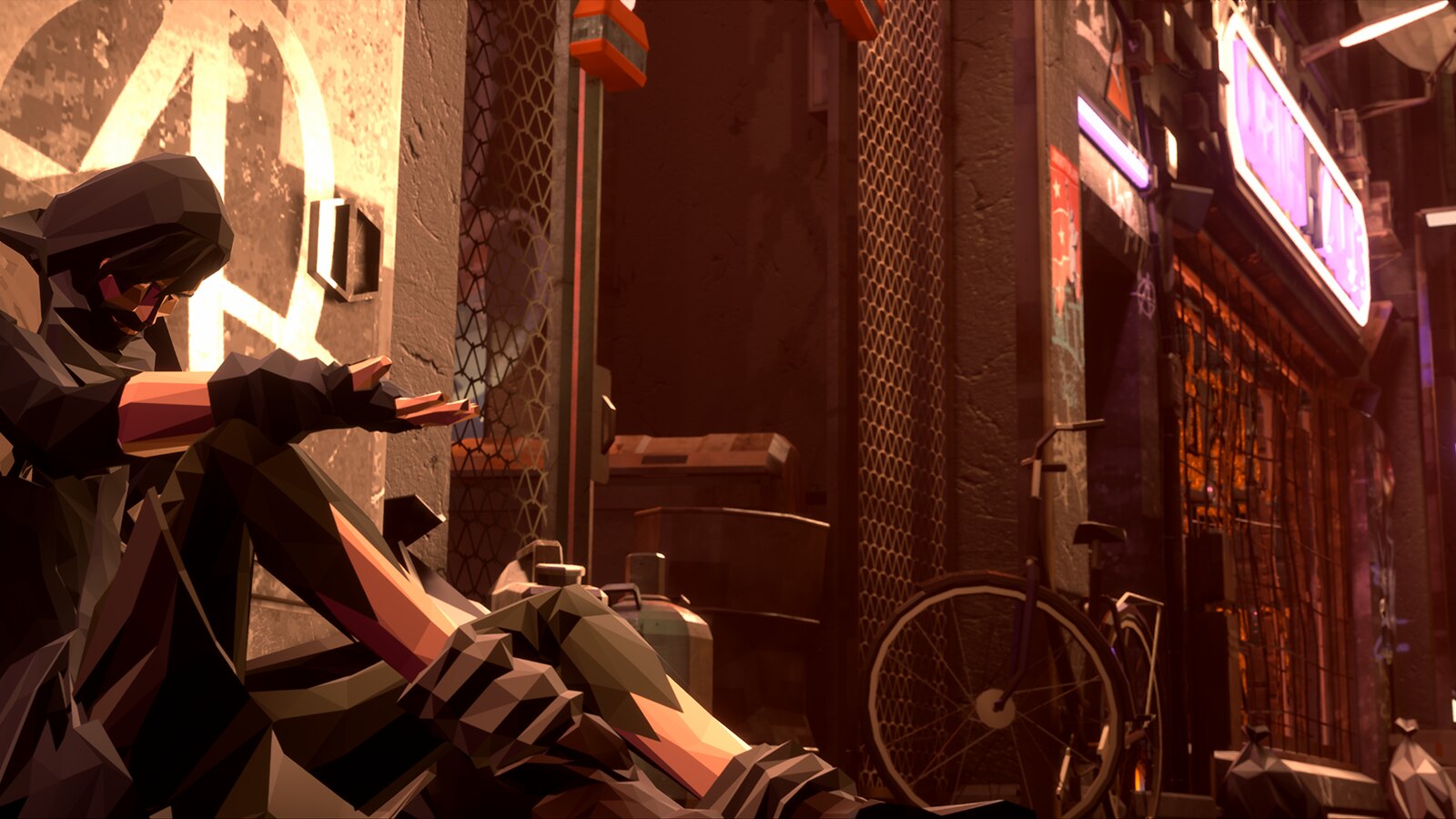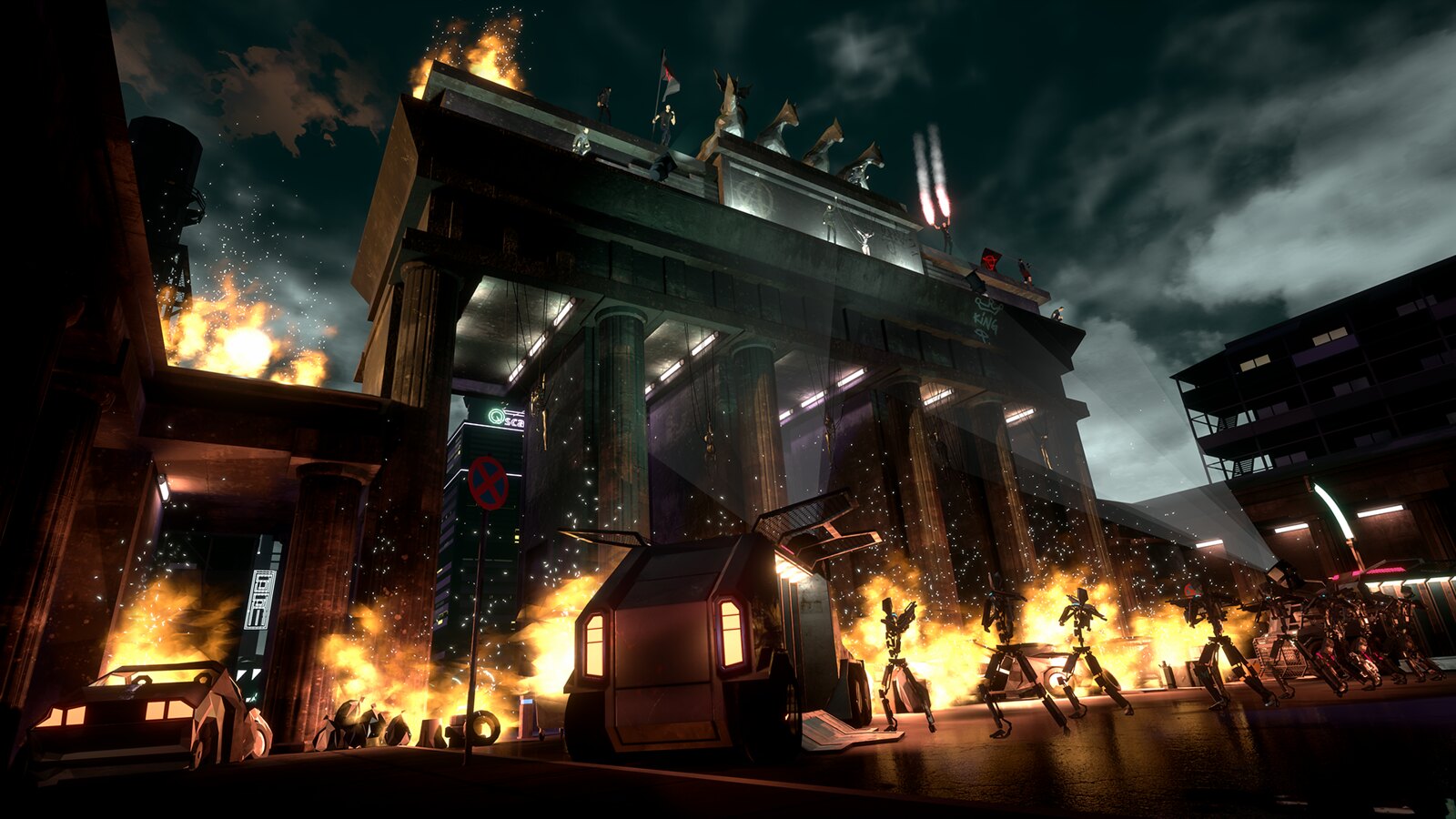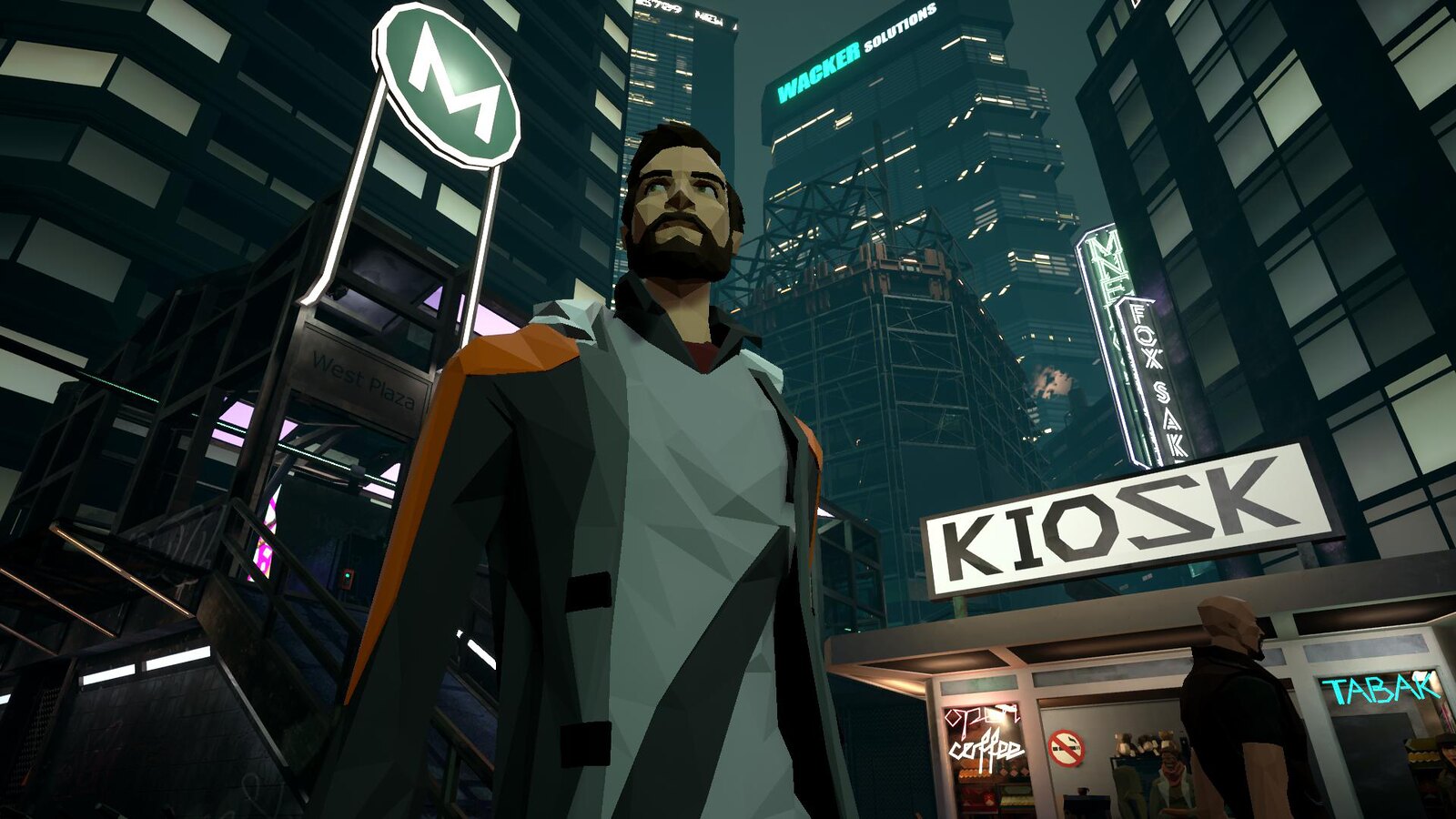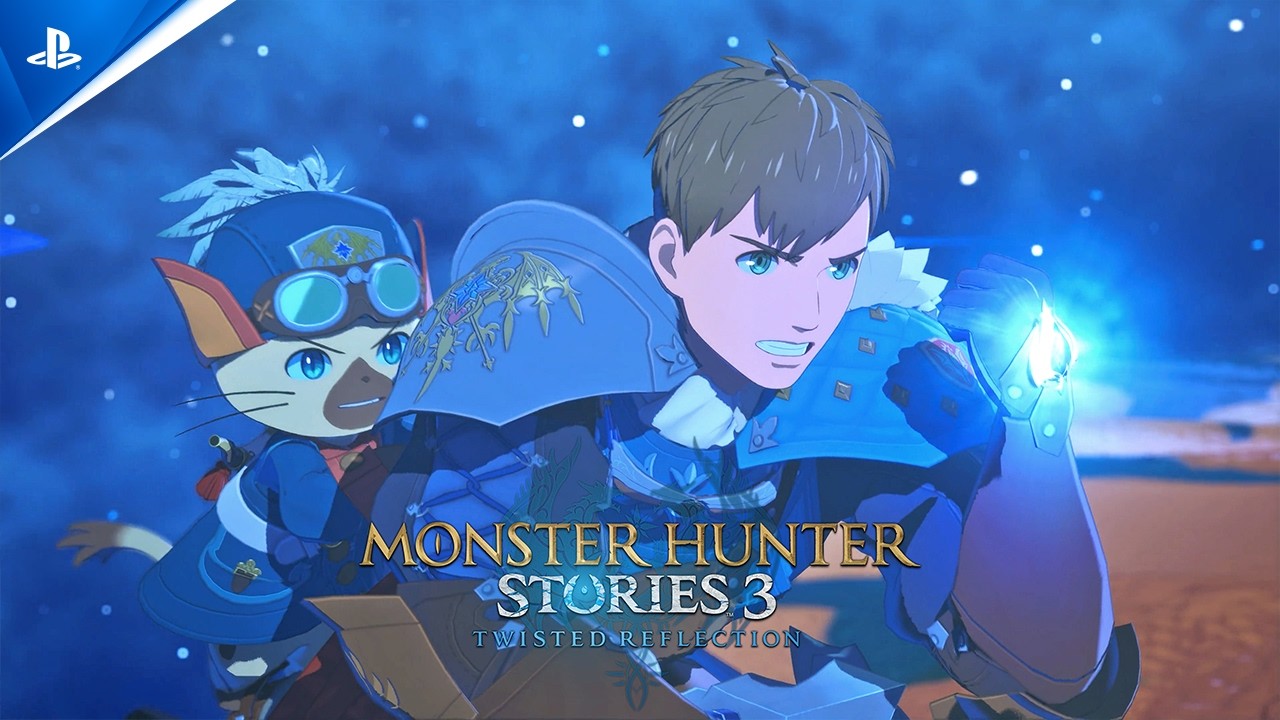Hi PlayStation nation, I’m really excited to announce that State of Mind will be available to pre-order starting tomorrow! Today, I want to talk to you about what transhumanism means and how it relates to the game.
Generally speaking, transhumanists believe that humanity’s technological development is exponential and we are inches away from the event transhumanists call Singularity.
Singularity presumably marks the point when artificial intelligence surpasses that of the human mind. After that point, many fantastic and incredible things will happen very quickly. We will transform into a new form of beings, a new kind of humanity. We will be masters of the material world surrounding us. Super intelligences will be created; humans and AIs will merge. We will be able to upload our minds, defeat poverty and illness, create artificial life and change our bodies and even forms of existence like clothes.
Abundance, perfection, immortality. These are the bullet points of transhumanism and if these sound like religious promises to you, you make the right assumption because transhumanism is essentially exactly that: the promise of paradise in the guise of technology.
What could possibly go wrong?
This is what we want to investigate in State of Mind. What if the fantastic technologies which transhumanism promises are not available for everyone? Maybe the people with access have different visions and intentions regarding humanity’s future, and maybe perfection is a tempting prospect or a dreadful threat depending on individual perspective.
This is why the central character in our narrative is someone whose life is less than perfect: Richard Nolan, a technology skeptic journalist living in the year 2048.
Richard would probably not be considered a nice guy. Maybe he isn’t even a great father. Richard is a human — with all the problems and contradictions that package contains.
And that is just what makes him the right kind of character to tackle the questions inherent to transhumanism: where are the cracks between the layers of reality and fiction, between truth and deception, between artificial and biological life? What could be the reasonable downside to paradise?
We send Nolan on a trip through a world one step away from transhumanist revolution. We literally take everything away from him, even a part of his identity, so we can find out together what he’s made of and what is actually important to him.
Richard must deal with humanoid bots, artificial humans, and anti-tech terrorists. Last but not least, he must face his own shortcomings: his mistakes, flaws, bad calls, and lies.
All this is what makes him human. But is being human desirable? Which side has the better arguments eventually? Isn’t it more desirable to be “more than human” after all? We hope that State of Mind is a game that will not provide an easy answer to these questions.







